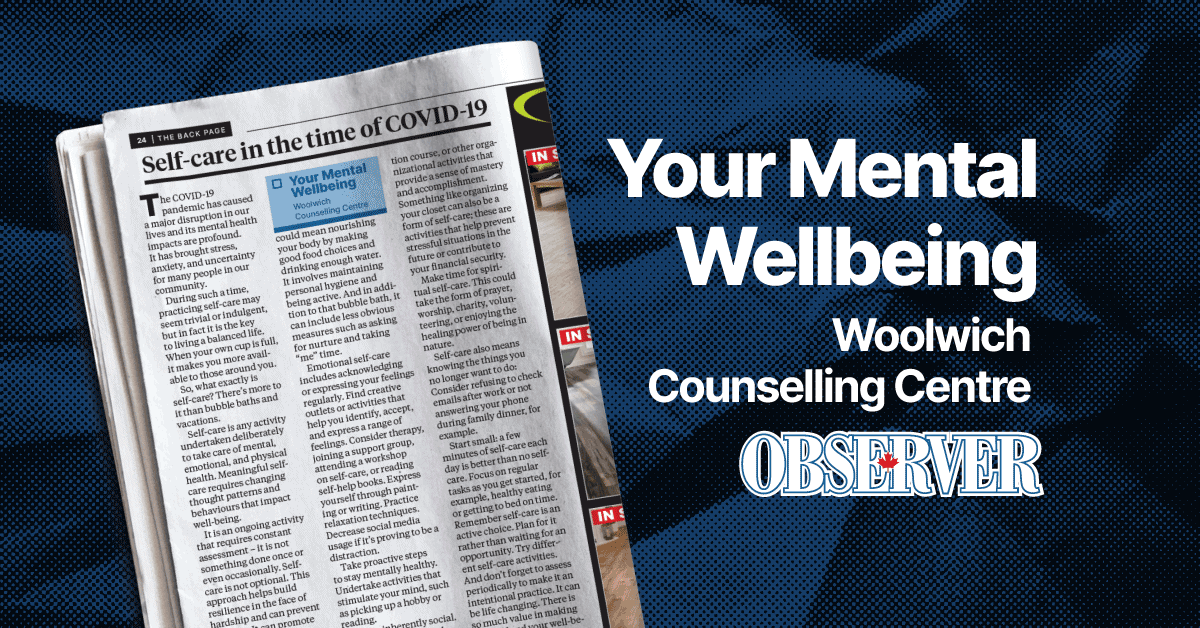;
;
;
Next Article
She turned out to be a natural at the game

The pandemic brought relationships under the magnifying glass, and for some couples, the cracks started to show. Their relationship is not what they thought it was, or what they wanted it to be. Too much together time during lockdowns disrupted a necessary balance. Reduced shared time with other peo
Last updated on May 03, 23
Posted on Aug 18, 22
2 min read
